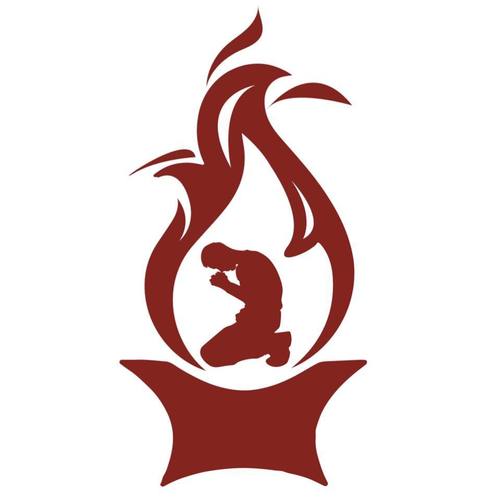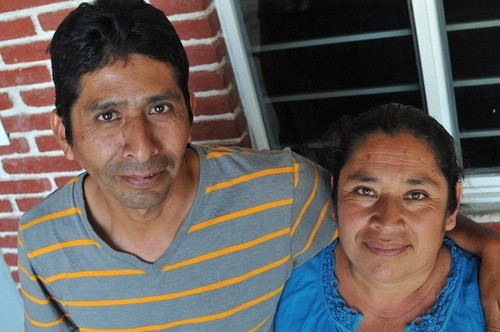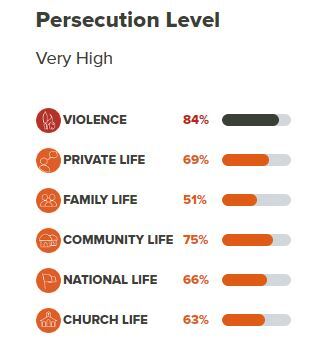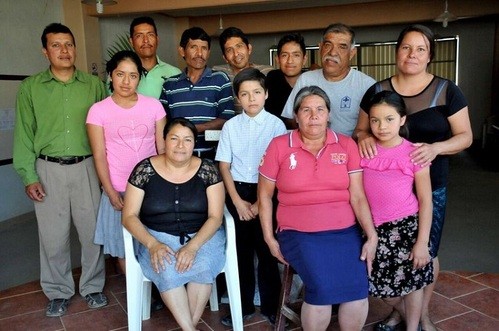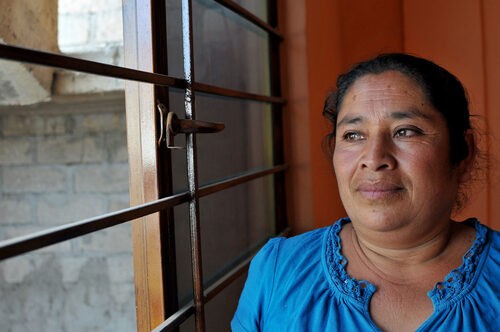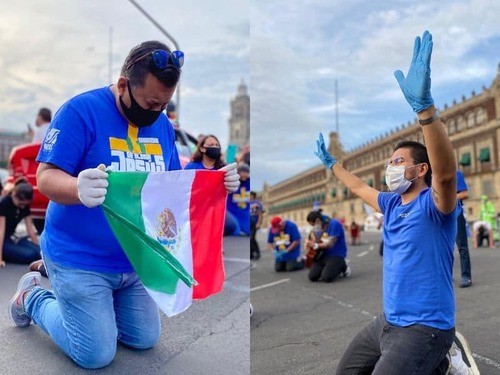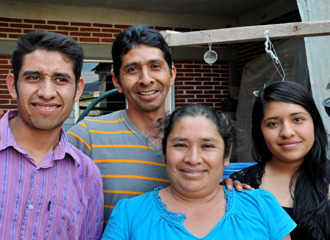Although the majority of Mexico's population is Christian, many believers live in danger of persecution, particularly from criminal gangs, drug cartels and indigenous groups.
In many parts of the country, the presence of criminal groups is growing. Christians who bravely speak out against their activities, or who are involved in community work or evangelism (especially with youth, drug addicts and migrants) are deemed a threat—and that makes them a target. The authorities have been unable to stem the growing influence of these criminal groups, making believers even more exposed to attack.
In some indigenous communities, those who decide to abandon ancestral and traditional beliefs to follow Jesus face ostracism, fines, incarceration and forced displacement. Given that indigenous leaders are those who administer justice in such areas, believers have no one to turn to to investigate wrongdoing and protect their religious freedom.
Mexico is a strictly secular state, and hostility toward Christian faith and values has increased in general, while public expressions of Christianity face increasingly strong legal scrutiny.
There are believed to be around 150 active criminal groups throughout Mexico, with at least one operating in each state. The capital, Mexico City, is among the areas strongly influenced by cartels. Persecution is a real risk for any Christian living in these areas who is deemed a threat to cartel activity.
In the south of Mexico, Christians who leave traditional indigenous beliefs for Christianity are especially at risk of hostility and displacement.
Intolerance toward believers because of their views on different issues is especially heightened in a select number of states.
